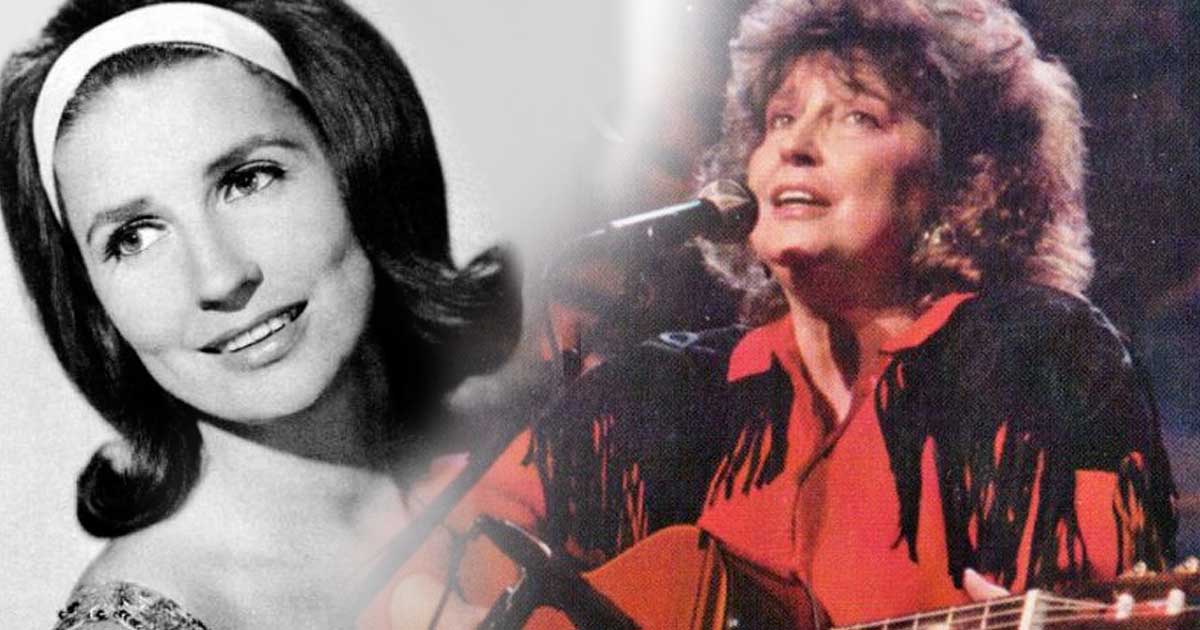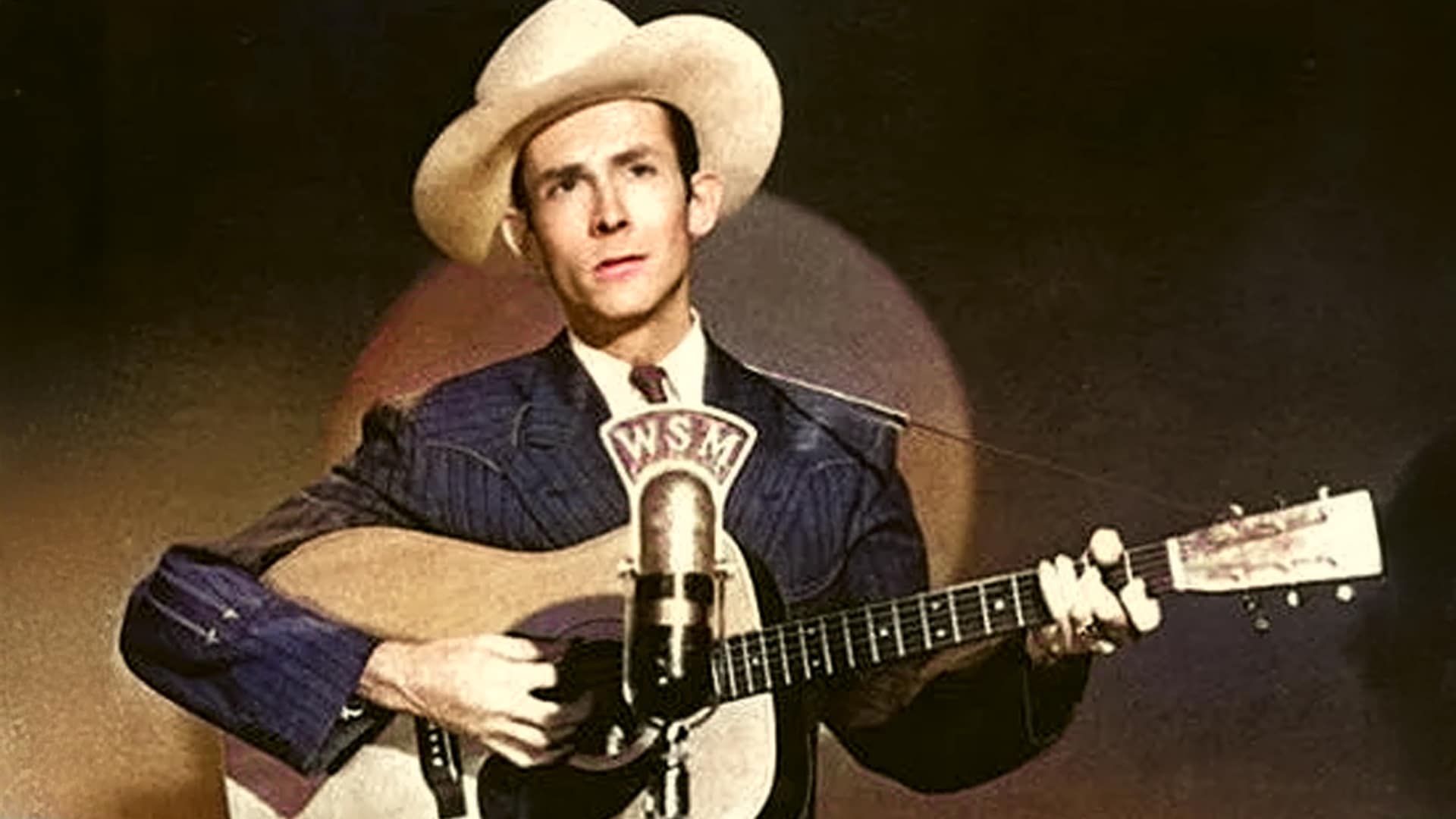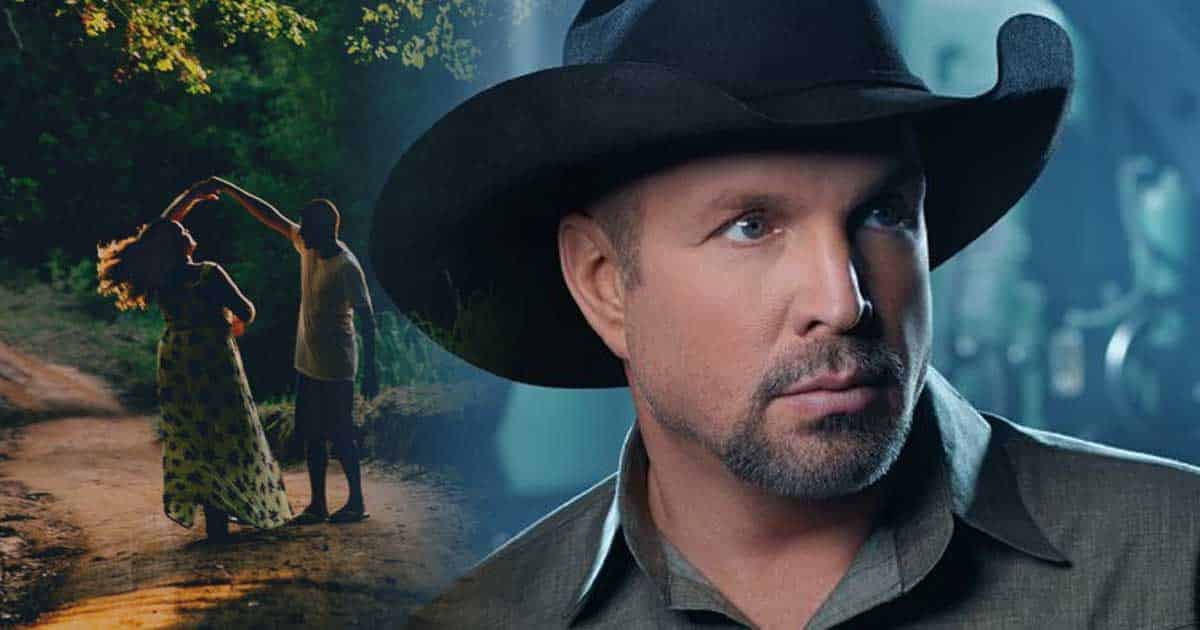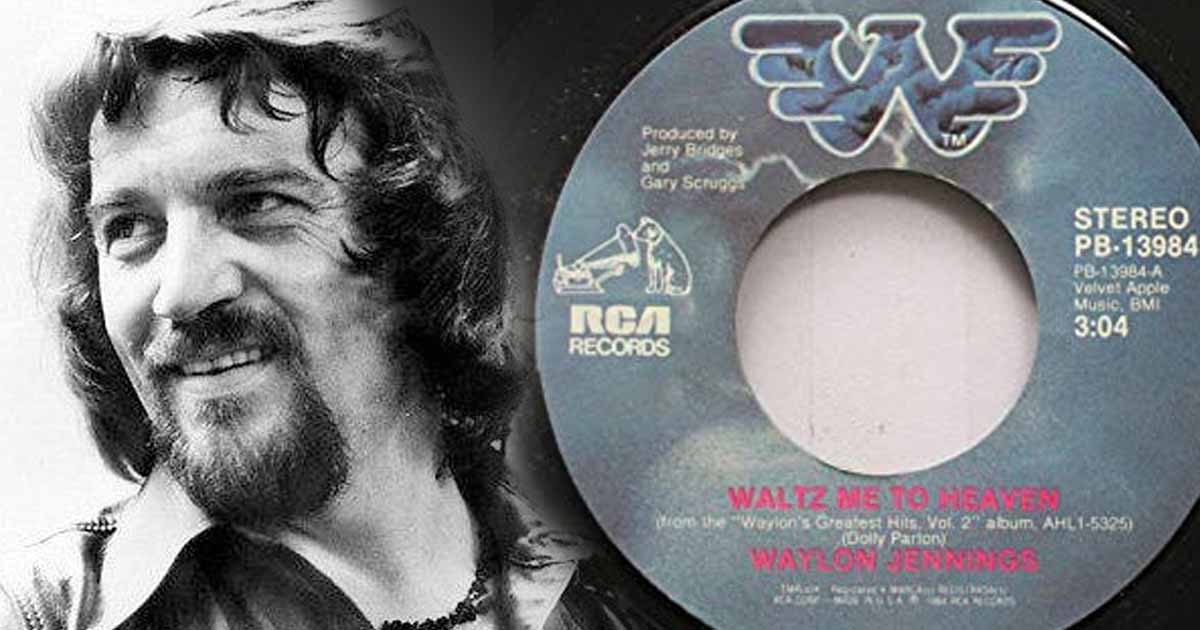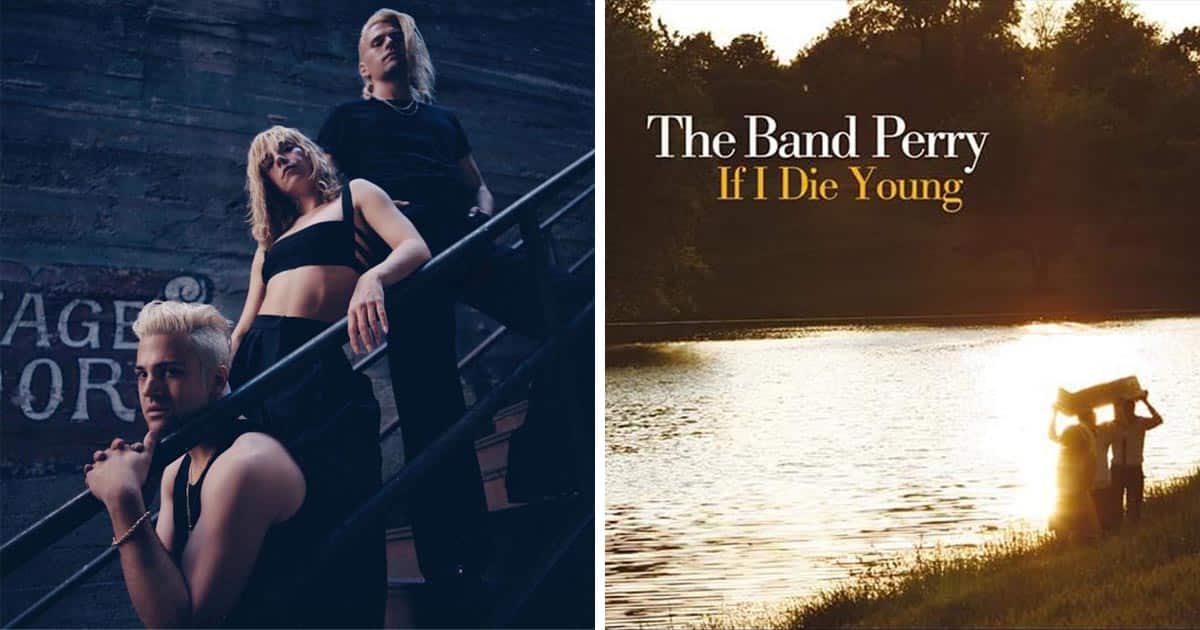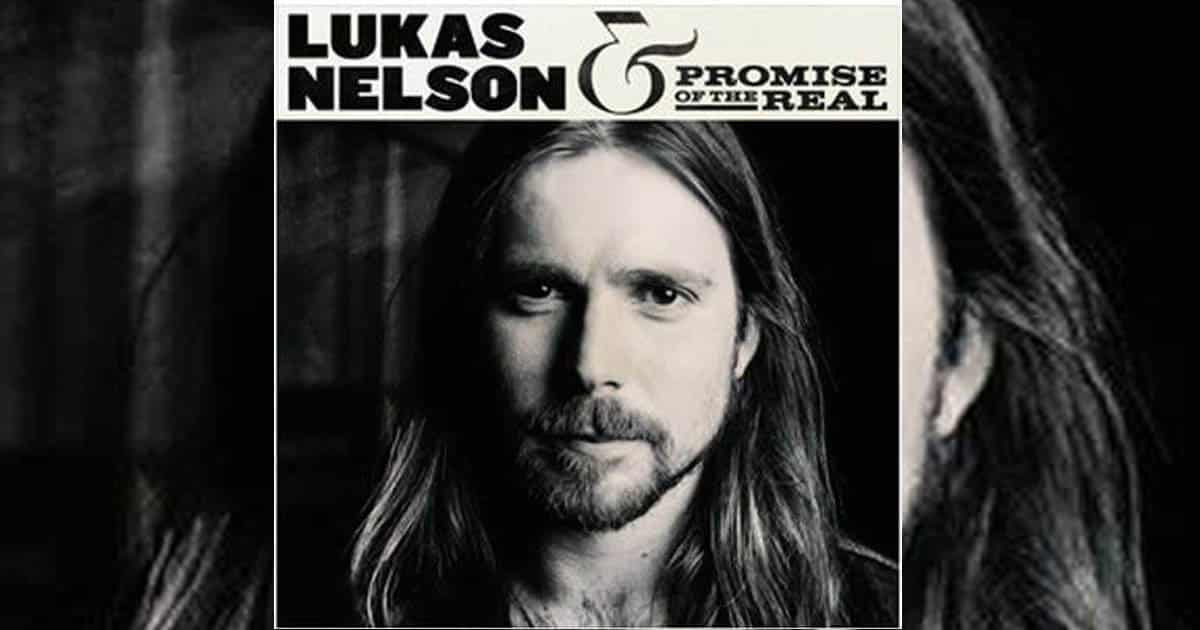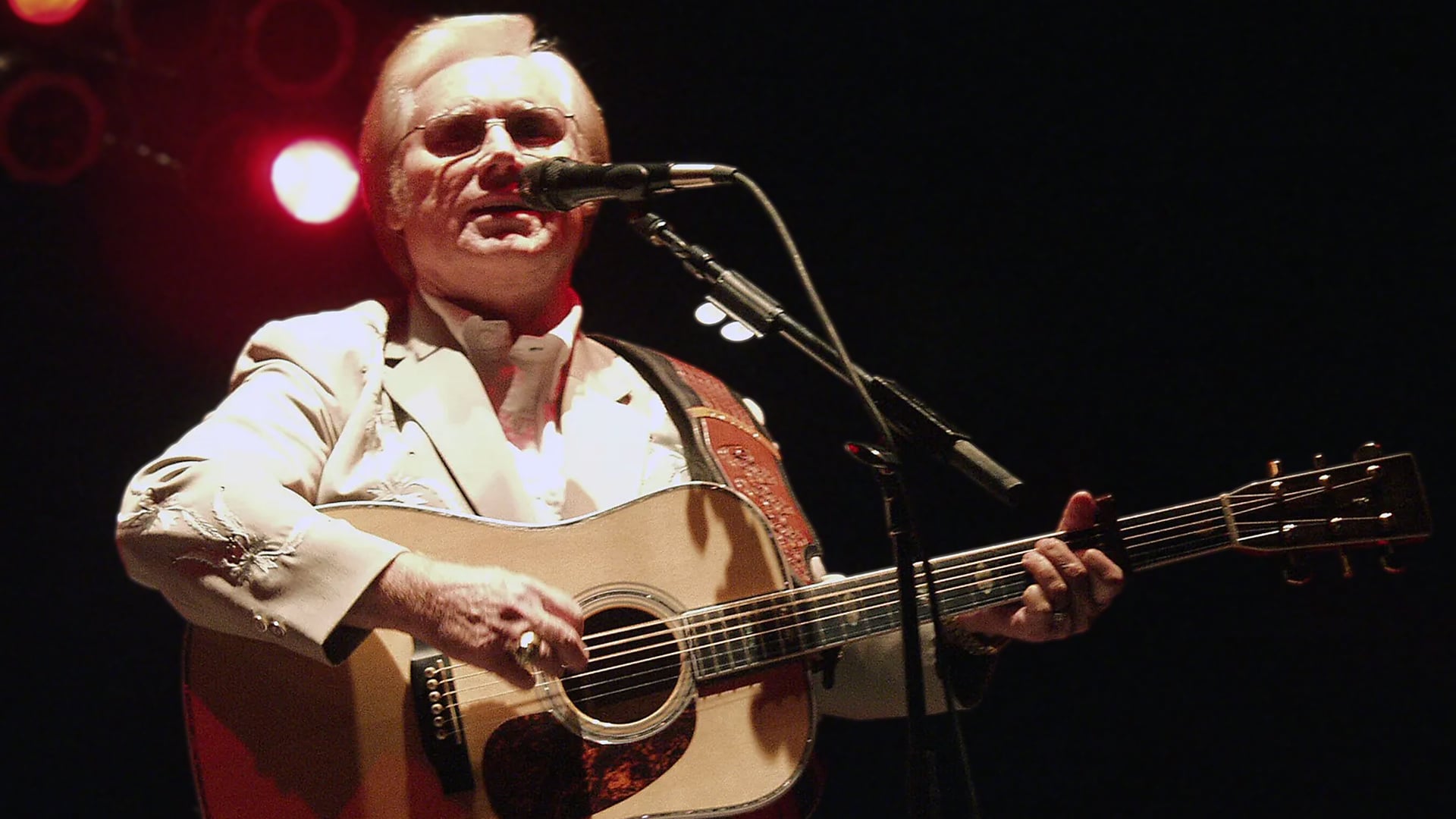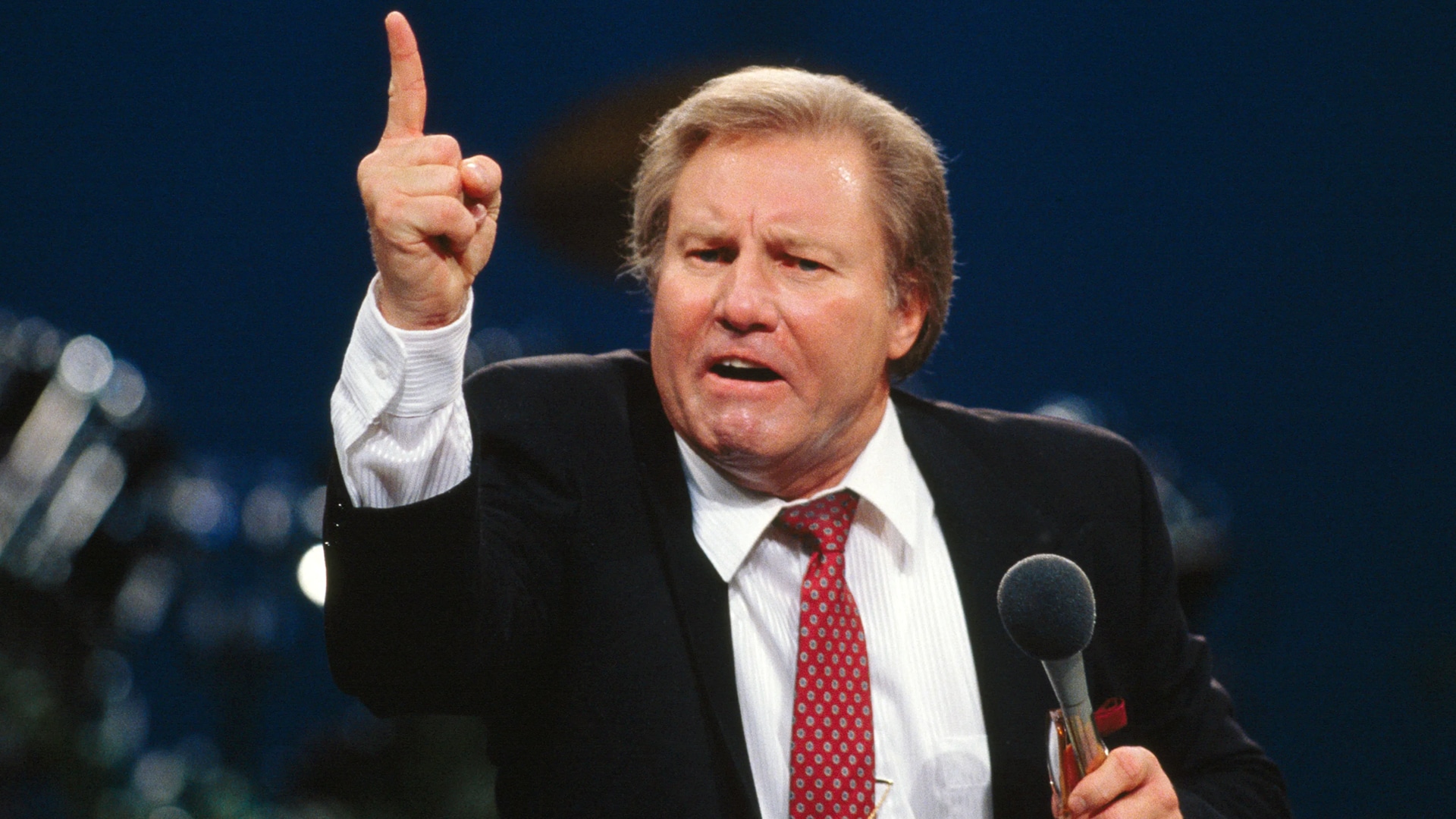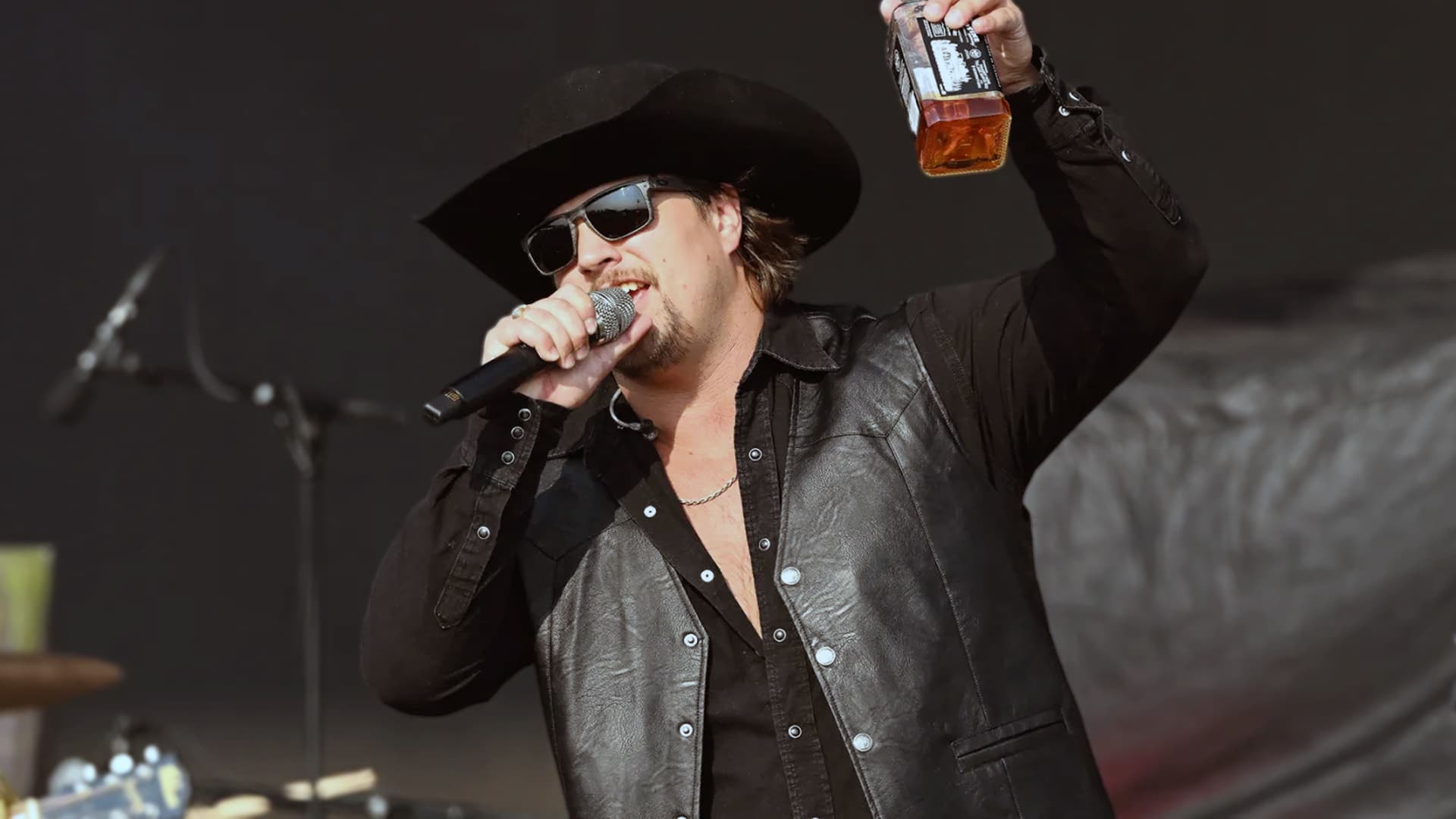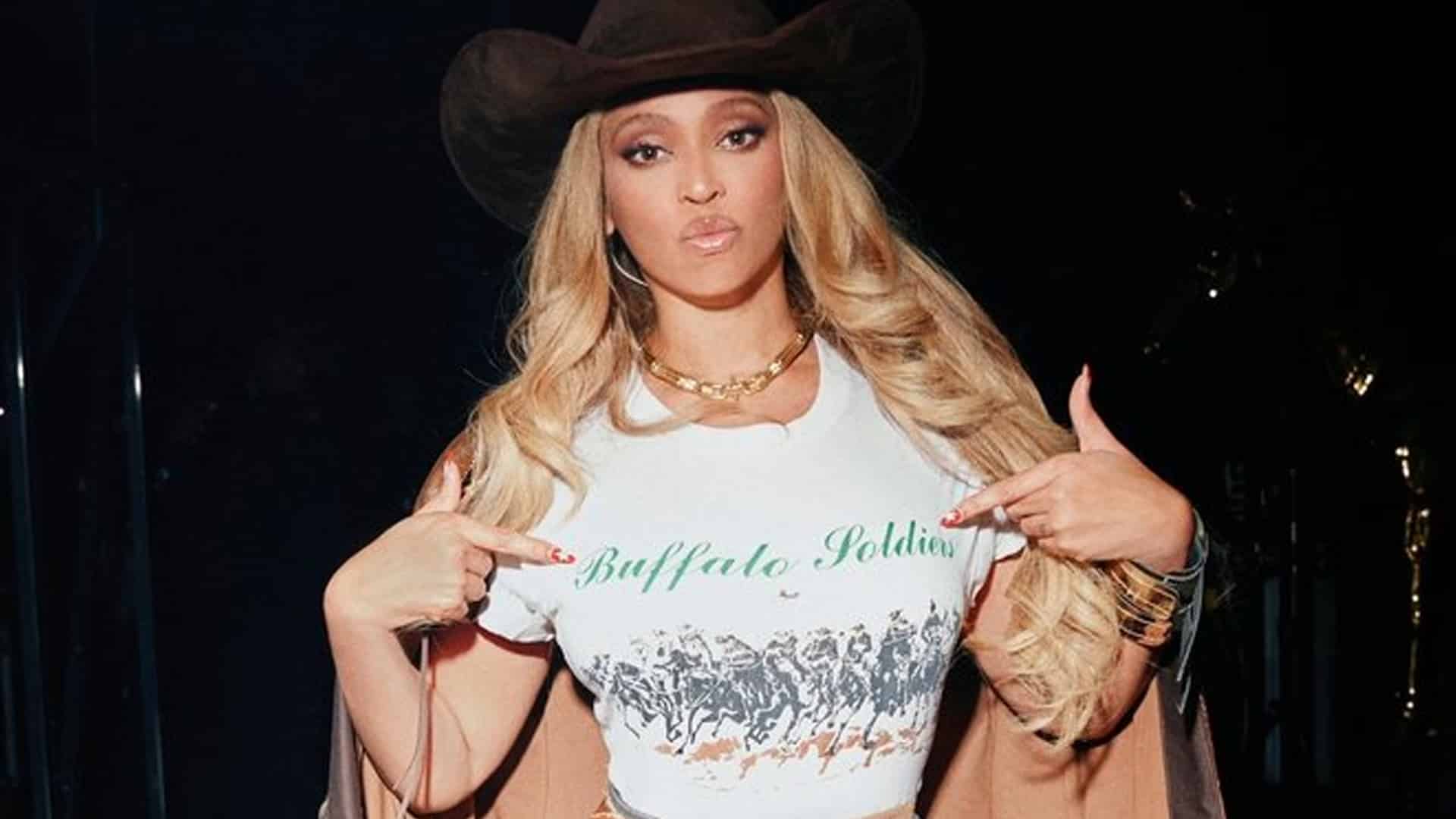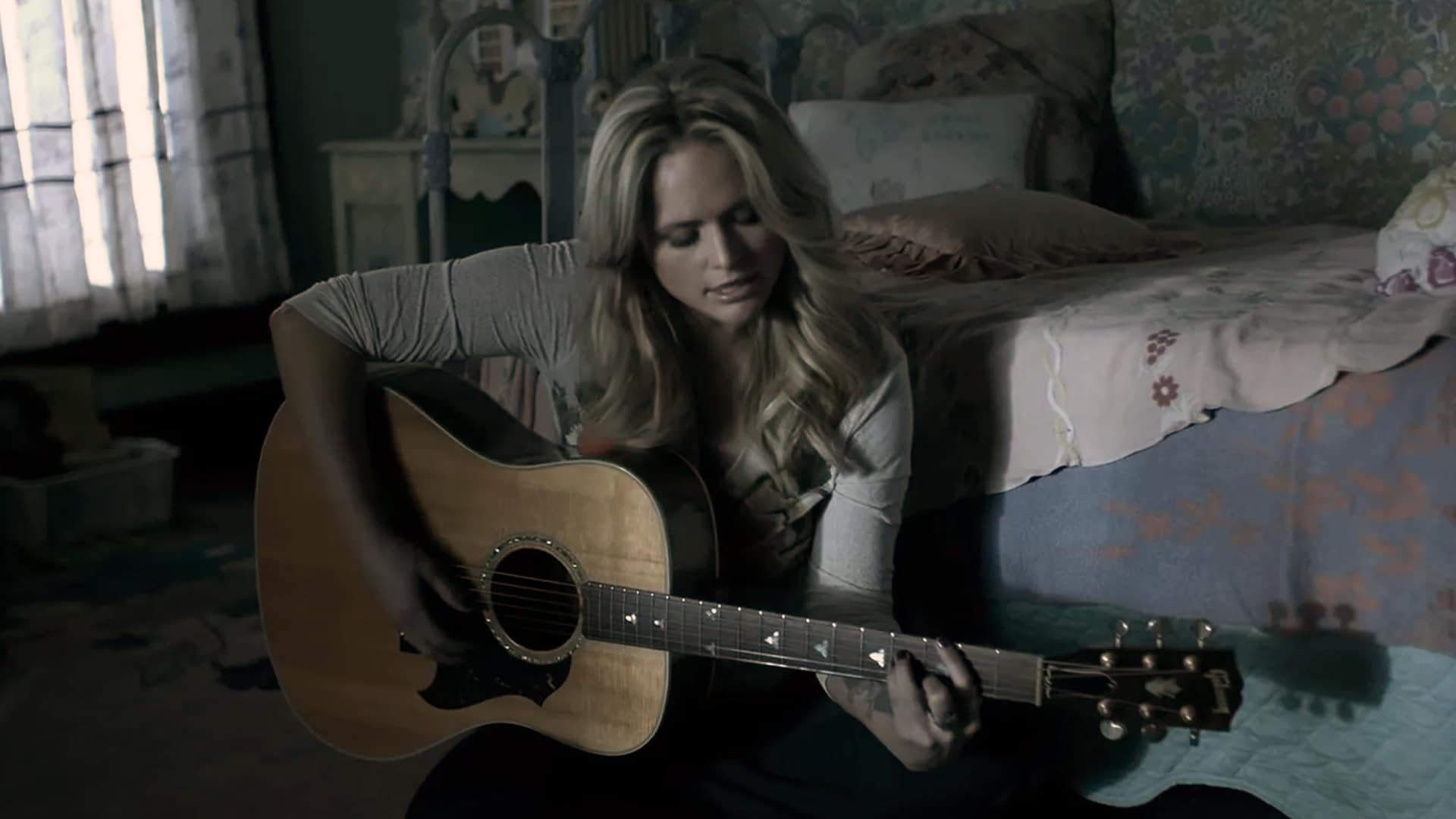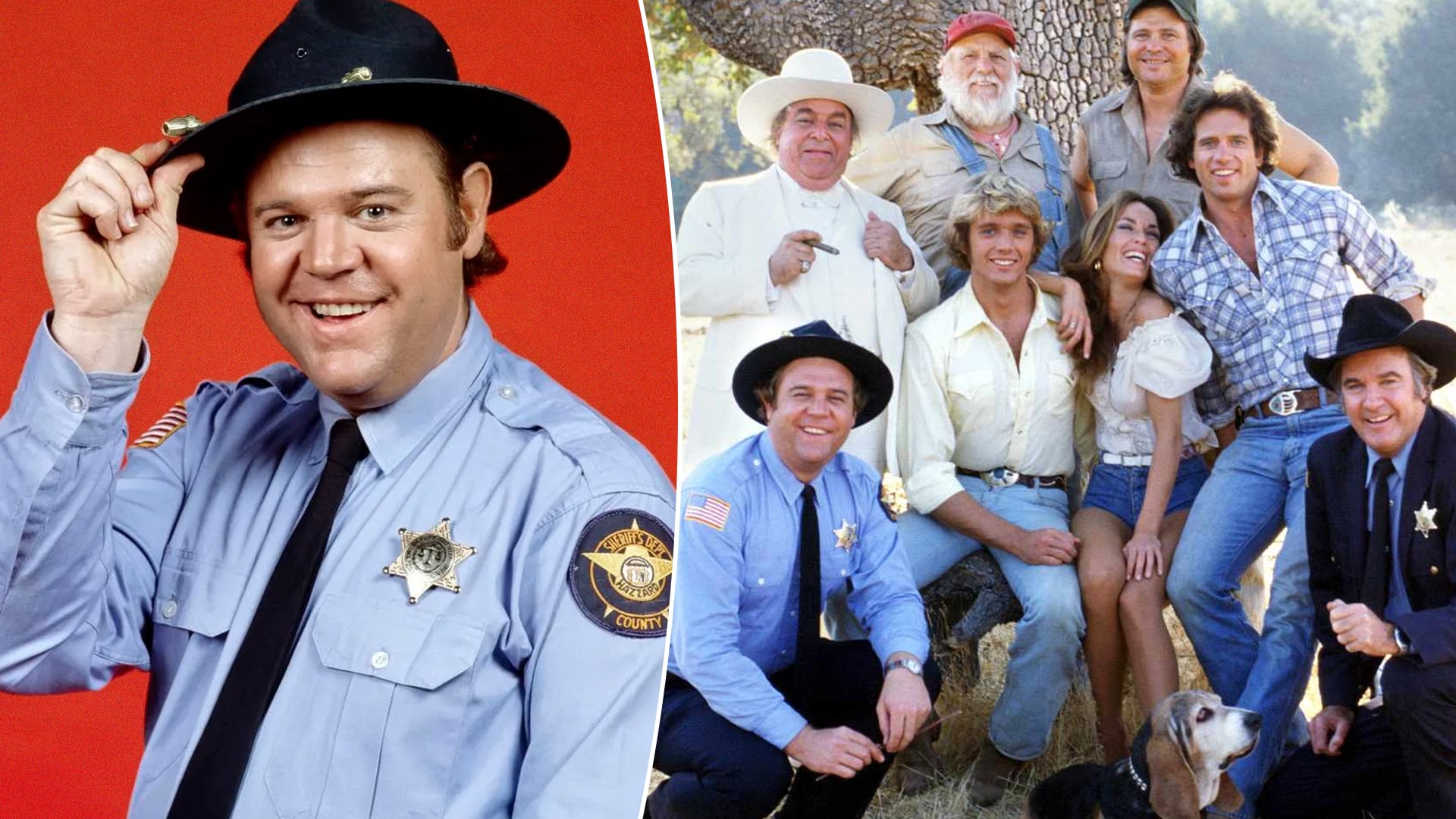Music was pretty much the blood and life of American singer, Anita Carter. She was the youngest daughter of Maybelle Carter who was a founding member of The Carter Family.
At age 17, she played upright bass for their Mother Maybelle and Carter Sisters‘ stints when they joined the WSM’s Grand Ole Opry Show in 1950. Gifted with a beautiful singing voice, Anita was often the featured singer for the group.
The Carter Sisters also opened shows for Elvis Presley in the mid-’50s. Music historian Charles Wolfe said that the King of Rock and Roll had a crush on Anita, but she wasn’t interested.
In 1961, Mother Maybelle and The Carter Sisters joined the Johnny Cash Show where they became regular performers.
Anita Carter’s Solo Career
As a solo artist, Anita Carter recorded for several labels including RCA Victor, Cadence, Columbia, Audiograph, United Artists, Liberty, and Capitol.
Carter had 2 top ten hits under her belt, the “Down The Trail of Achin’ Hearts” with Hank Snow and “I Got You” with Waylon Jennings. Carter’s other solo recordings also made it to the charts though not in the top 10.
In 1962, she made the first recording for “Love’s Ring of Fire,” the song written by her sister, June Carter with Merle Kilgore.
Love’s Ring of Fire
Anita Carter’s soon to be brother-in-law, Johnny Cash took a liking on “Love’s Ring of Fire.” He made a bet with Anita that if the song fails to become a hit in five or six months, he’ll have his version recorded.
Some sources say that Johnny Cash had a dream about the inclusion of Mexican horns in the single. Interestingly, Love’s Ring of Fire did not do well on the charts, so Cash went on and recorded his version but still with the Carter Sisters. Taking his cue from his dream, the sound of horns were included. “Ring of Fire“ was released in March 1963 and it turned to be one of Cash’s greatest hits in his career.
Down the Trail of Achin’ Hearts
“Down the Trail of the Achin’ Hearts” was one of the biggest hits in Anita Carter’s career. This recording was a duet with Hank Snow which made it to no. 2 in 1951. Several other artists also did their own renditions of the song including Patti Page and Lily Connors.
I Got You
Anita Carter’s duet with Waylon Jennings which also turned into a hit in 1968 at no. 4. “I Got You” is the zestful opposite of the sobby “Down the Trail of the Achin’ Heart.” Their sweet harmony resounded all throughout the song which was perfect for its theme about lovers not minding what the world thinks because they know they’re in each other’s good hands.
Bluebird Island
Bluebird Island was also one of Anita’s top-charting songs in 1951. The song created painted imagery of “bluebirds” as representations of happiness and pleasure that will come your way. Bluebird island was talking about the comfort and joy one has found in his or her lover. How tough her sail was but remembering that person totally frees herself and wipes her tears away.
Tulsa County
After several non-charting singles with United Artists in the late ’60s, Anita Carter moved to Capitol. She made waves again on the charts when “Tulsa County” reached no. 41. “Tulsa County” was said to be Anita Carter’s best single from the early ’70s. She, however, was committed to family life at that time so there were no follow up singles.
Anita Carter’s Death
Anita suffered from rheumatoid arthritis. Sadly, the medications that she has been taking over the years gradually damaged her liver, kidneys, and pancreas. Anita Carter died in 1999, a year after their eldest sister, Helen also passed away.
In her 66 years of living, Anita Carter has graced us with her clear, pure voice since she started performing in 1950. For almost 50 years, she has recorded about 170 exquisite songs that are worth revisiting in our time.

